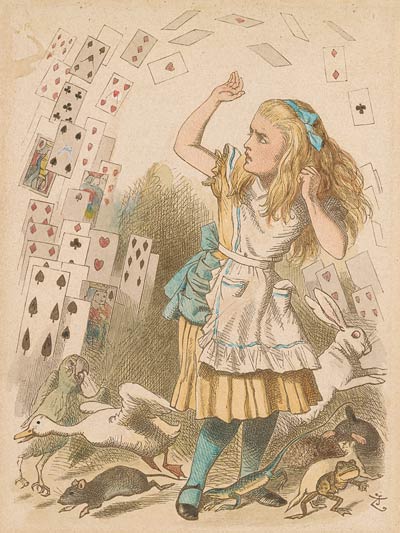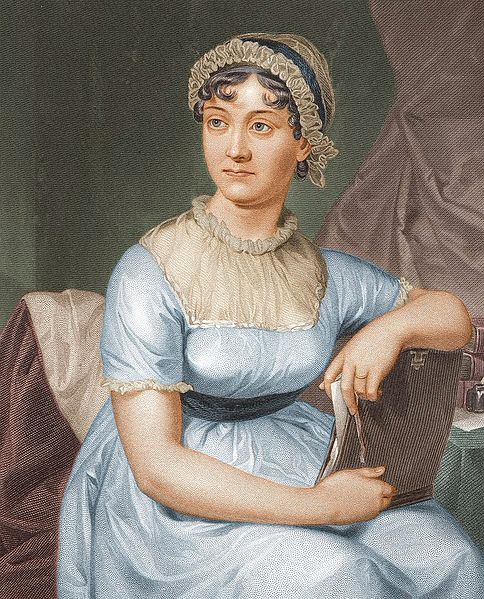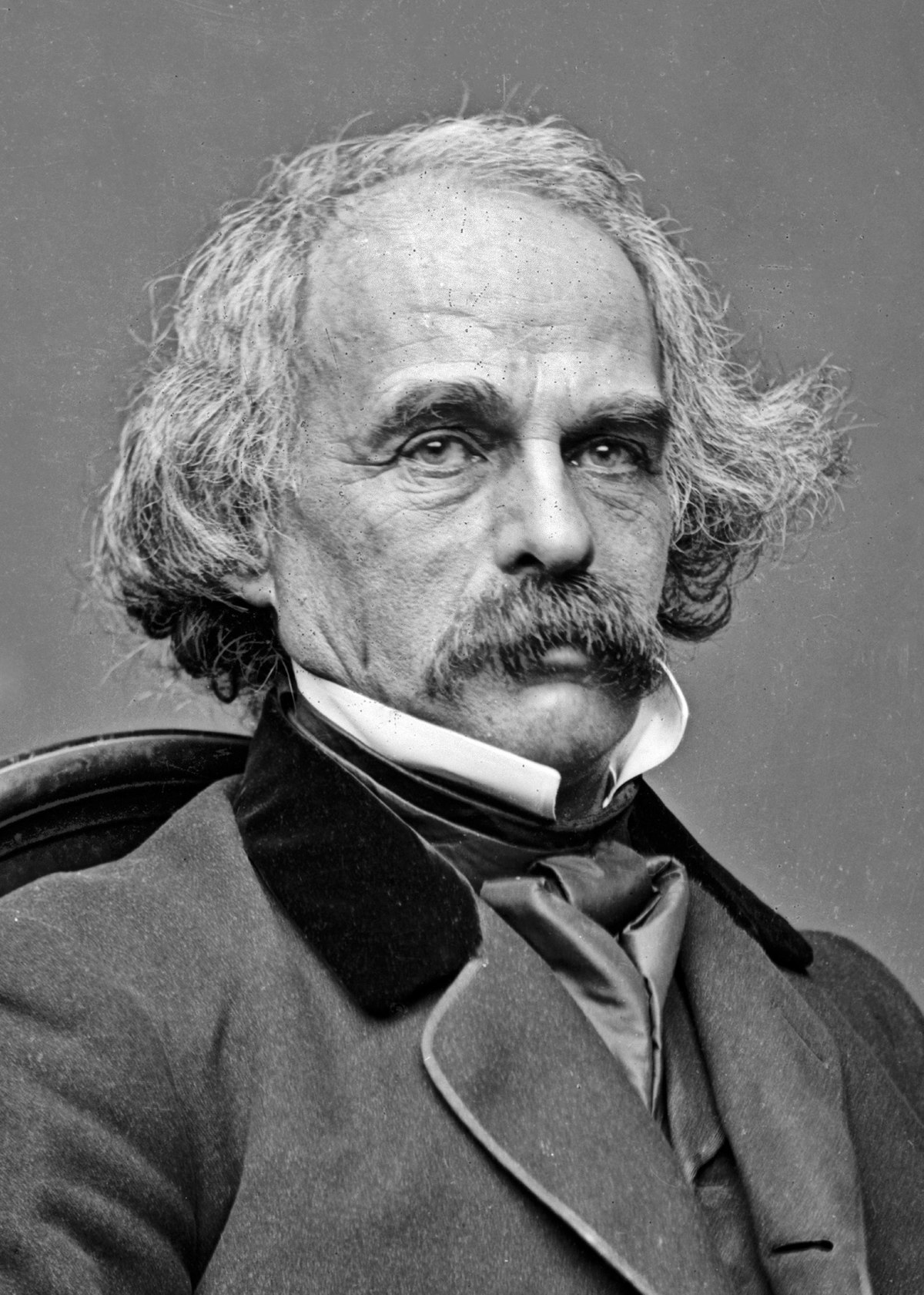W. E. B. Du Bois,
Souls of Black Folk
This site provides free vocabulary and reading comprehension worksheets.
Each worksheet, suitable for middle school, high school and college level students,
includes a short reading, five vocabulary words to define,
sentence completion exercises, and two questions to answer.
The worksheets may be used for differentiated instruction and home learning.
One question tests literal comprehension, and one question asks the student to think critically.
If you are undecided about buying the ebook, please take a look at a free
sample.
Not all of the worksheets contain everything, but they contain enough to
make your work as a teacher (or a parent) easier.
I am developing the site and more worksheets, tests, and answer keys
will be developed.
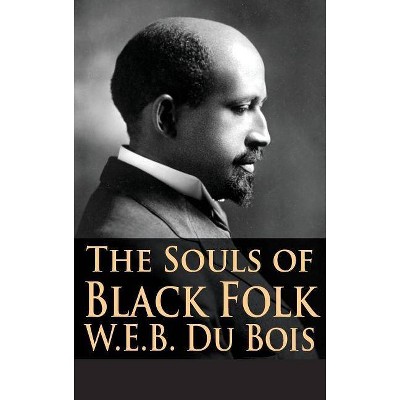
Free PDF Worksheet Suitable for Classroom Use
The worksheet is one sheet front and back. It is suitable for classroom use and freely reproducible.
W. E. B. Du Bois. The Souls of Black Folk -- From Chapter 1, "On the Dawn of Freedom"
In the work of establishing the Negroes as peasant proprietors, the [Freedmen's] Bureau was from the first handicapped and at last absolutely checked. Something was done, and larger things were planned; abandoned lands were leased so long as they remained in the hands of the Bureau, and a total revenue of nearly half a million dollars derived from black tenants. Some other lands to which the nation had gained title were sold on easy terms, and public lands were opened for settlement to the very few freedmen who had tools and capital. But the vision of "forty acres and a mule" -- the righteous and reasonable ambition to become a landholder, which the nation had all but categorically promised the freedmen -- was destined in most cases to bitter disappointment. And those men of marvelous hindsight who are today seeking to preach the Negro back to the present peonage of the soil know well, or ought to know, that the opportunity of binding the Negro peasant willingly to the soil was lost on that day when the Commissioner of the Freedmen's Bureau had to go to South Carolina and tell the weeping freedmen, after their years of toil, that their land was not theirs, that there was a mistake -- somewhere. If by 1874 the Georgia Negro alone owned three hundred and fifty thousand acres of land, it was by grace of his thrift rather than by bounty of the government.
The greatest success of the Freedmen's Bureau lay in the planting of the free school among Negroes, and the idea of free elementary education among all classes in the South. It not only called the school-mistresses through the benevolent agencies and built them schoolhouses, but it helped discover and support such apostles of human culture as Edmund Ware, Samuel Armstrong, and Erastus Cravath. The opposition to Negro education in the South was at first bitter, and showed itself in ashes, insult, and blood; for the South believed an educated Negro to be a dangerous Negro. And the South was not wholly wrong; for education among all kinds of men always has had, and always will have, an element of danger and revolution, of dissatisfaction and discontent. Nevertheless, men strive to know. Perhaps some inkling of this paradox, even in the unquiet days of the Bureau, helped the bayonets allay an opposition to human training which still to-day lies smoldering in the South, but not flaming. Fisk, Atlanta, Howard, and Hampton were founded in these days, and six million dollars were expended for educational work, seven hundred and fifty thousand dollars of which the freedmen themselves gave of their poverty.
Define Each Word
- proprietor
- tenant
- benevolent
- paradox
- allay
Write the Correct Word from the Vocabulary
- Some citizens viewed the despot as a ________________________________ dictator because his regime provided free medical care and primary education.
- In order to ______________ any suspicion that the cheating scandal involving the athletes was condoned, the administration expelled seven players and an assistant coach.
- After her partner's death, Camile became the sole _________________________ of the beauty salon.
- That extreme poverty and sublime riches exist side by side seems like a _________________________ to many.
- If the recently unemployed ______________________ does not pay rent, he will be evicted.
Comprehension and Discussion: Answer Each Question in Complete Sentences
- What was the Freedman's Bureau? What is the idea of "Forty acres and a mule" and what came of that notion?
- Du Bois writes that "education among all kinds of men always has had, and always will have, an element of danger and revolution, of dissatisfaction and discontent." What does this statement mean? Give an example.
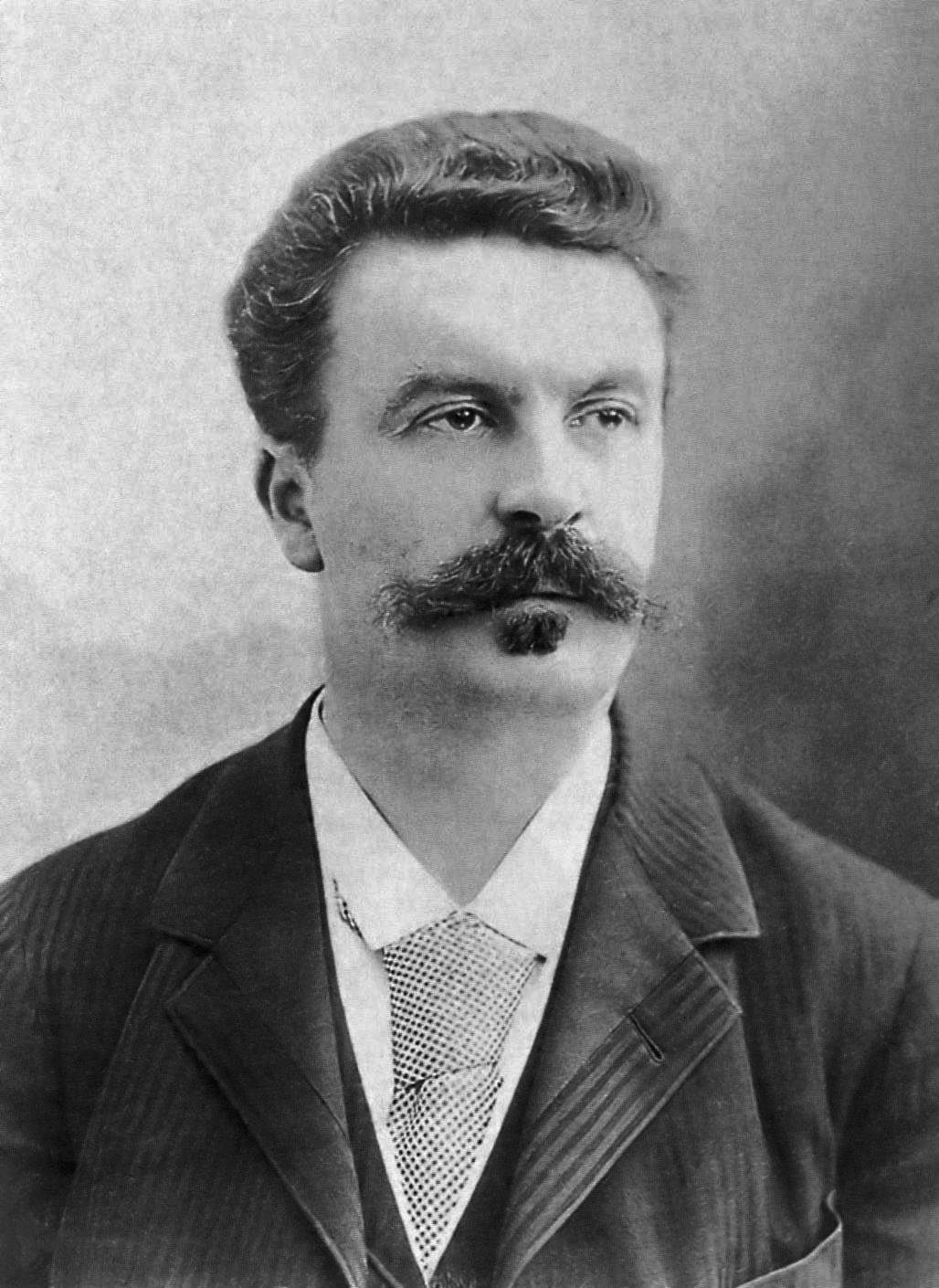
"The Necklace" by Guy de Maupassant
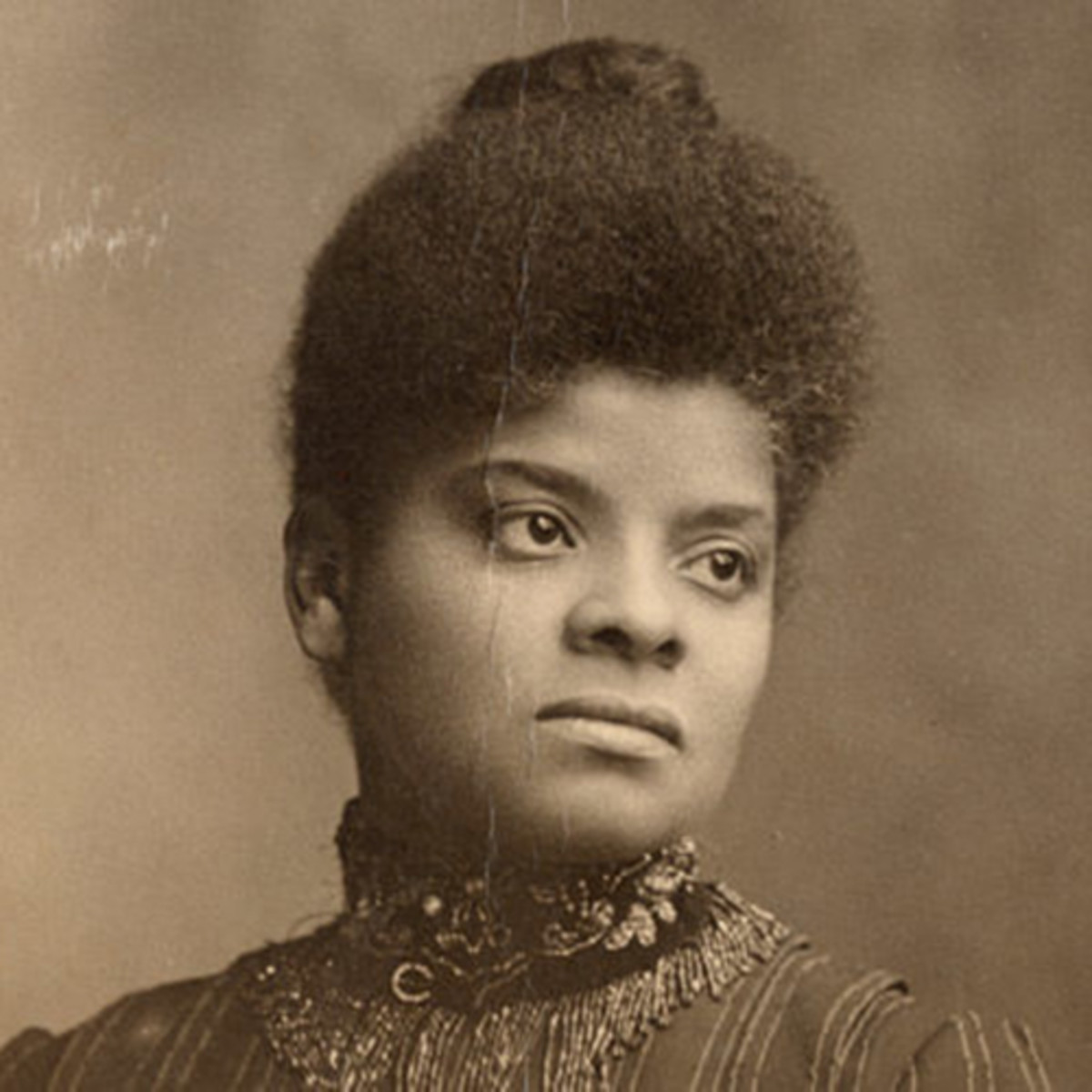
"Southern Horrors: Lynch Laws" by Ida B. Wells
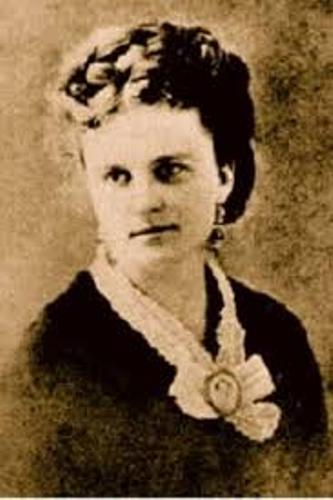
From The Awakening by Kate Chopin
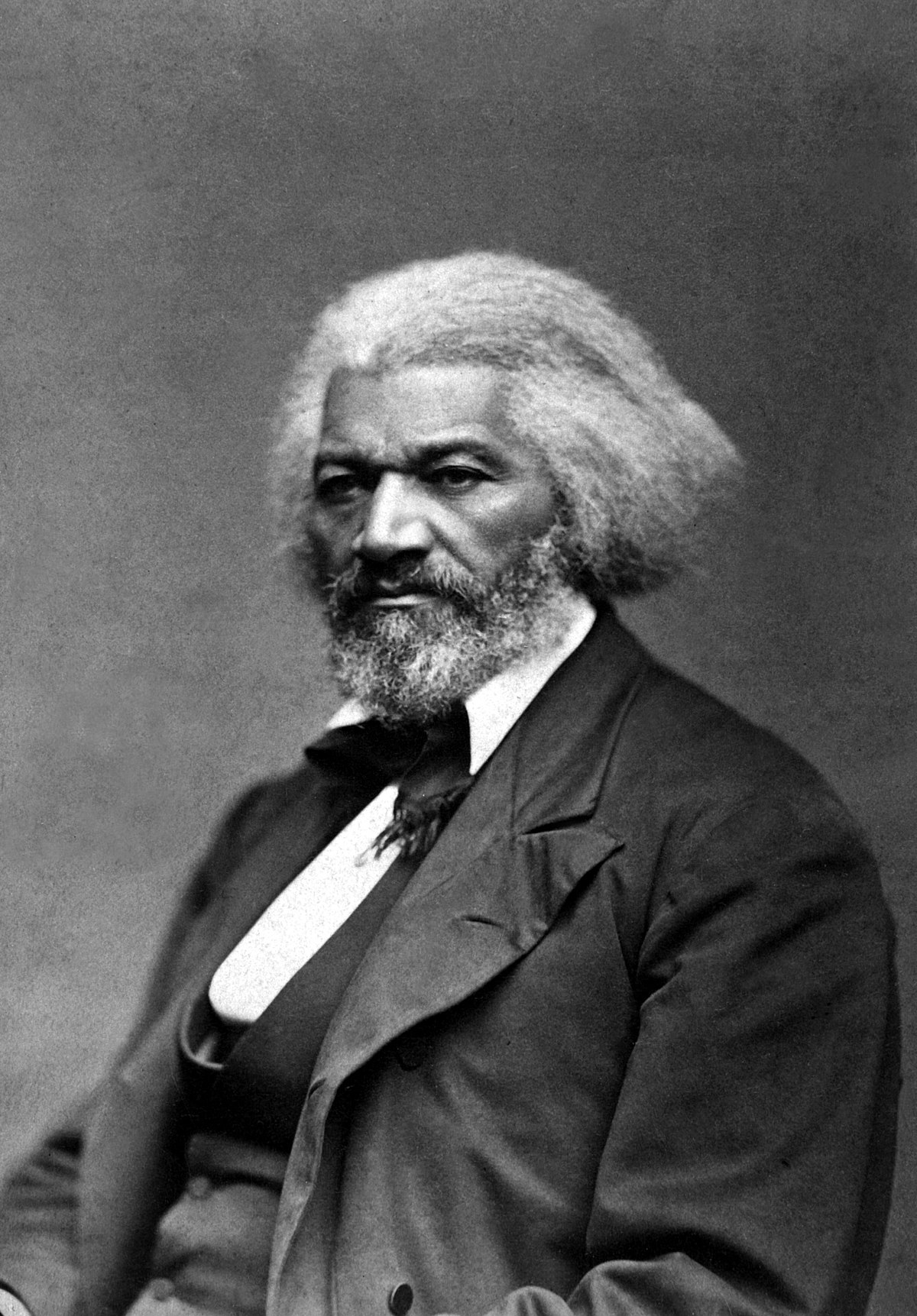
Narrative, From Chapter 1, by Frederick Douglass
I hope you found what you needed.
Proverbs 18:15
"The mind of the prudent acquires knowledge, And the ear of the wise seeks knowledge."





